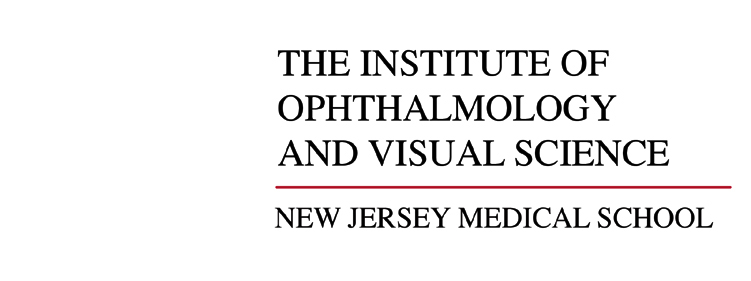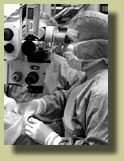DIDACTICS
 All didactic lectures, rounds, and conferences are conducted at the Doctors Office Center, the central teaching facility of this program. The didactic schedule comprises lectures and conferences on Monday, Wednesday, and Friday mornings and are conducted primarily by the full-time faculty.
Didactic lectures can be viewed by teleconference at the Jersey City Medical Center. All didactic lectures, rounds, and conferences are conducted at the Doctors Office Center, the central teaching facility of this program. The didactic schedule comprises lectures and conferences on Monday, Wednesday, and Friday mornings and are conducted primarily by the full-time faculty.
Didactic lectures can be viewed by teleconference at the Jersey City Medical Center.
On Monday mornings, lectures alternate among the neuro-ophthalmology, retina, cornea, and glaucoma services.
Wednesday morning lectures comprise retinal lectures, pathology didactic lectures, and fluorescein conferences. In addition, on the fourth Wednesday morning of the month, the first-year residents will attend an ophthalmic pathology lecture by Dr. Mirani in the Department of Pathology, followed by a 30-minute review of all pathologic specimens generated the previous week.
On the second and fourth Friday of each month, all residents are required to attend the Mortality and Morbidity conference run by Drs. Zarbin, Langer, Guo, and Khouri at 6:45 AM. On the first Friday morning of the month at 7:00 AM, a neuro conference or a retina lecture is held. The third Friday morning of the month is dedicated to Orbital Conference, a multispecialty conference involving orbital surgery, neuroradiology, and pathology. The third-year resident on the plastics rotation and the second-year neuro resident are responsible for preparing
the cases with input and assistance from Drs. Langer and Turbin. Grand Rounds are held the third Monday evening of each month and include a resident lecture followed by the main presentation.
The second Friday morning of each month is devoted entirely to didactic teaching. All clinics throughout the residency are cancelled on these days. Following the Mortality and Morbidity Conference, residents present cases to the faculty and residents for discussion, followed by two to three hours of lectures and conferences.
Each thirrd-year resident also sponsors one journal club during which current ophthalmic literature is critically analyzed under the guidance of an attending physician. These 5 yearly journal clubs are held in the evenings over dinner at local restaurants, allowing for the residents to interact with full time faculty in a relaxed atmosphere.
First-year residents are subsidized to attend the free optics review course held one weekend in March at Baylor in Houston, Texas, for which the department pays airfare and housing. Finally, the department offers an introductory microsurgery course every August to orient new residents to the surgical aspects of ophthalmology. |

![]()

 All didactic lectures, rounds, and conferences are conducted at the
All didactic lectures, rounds, and conferences are conducted at the